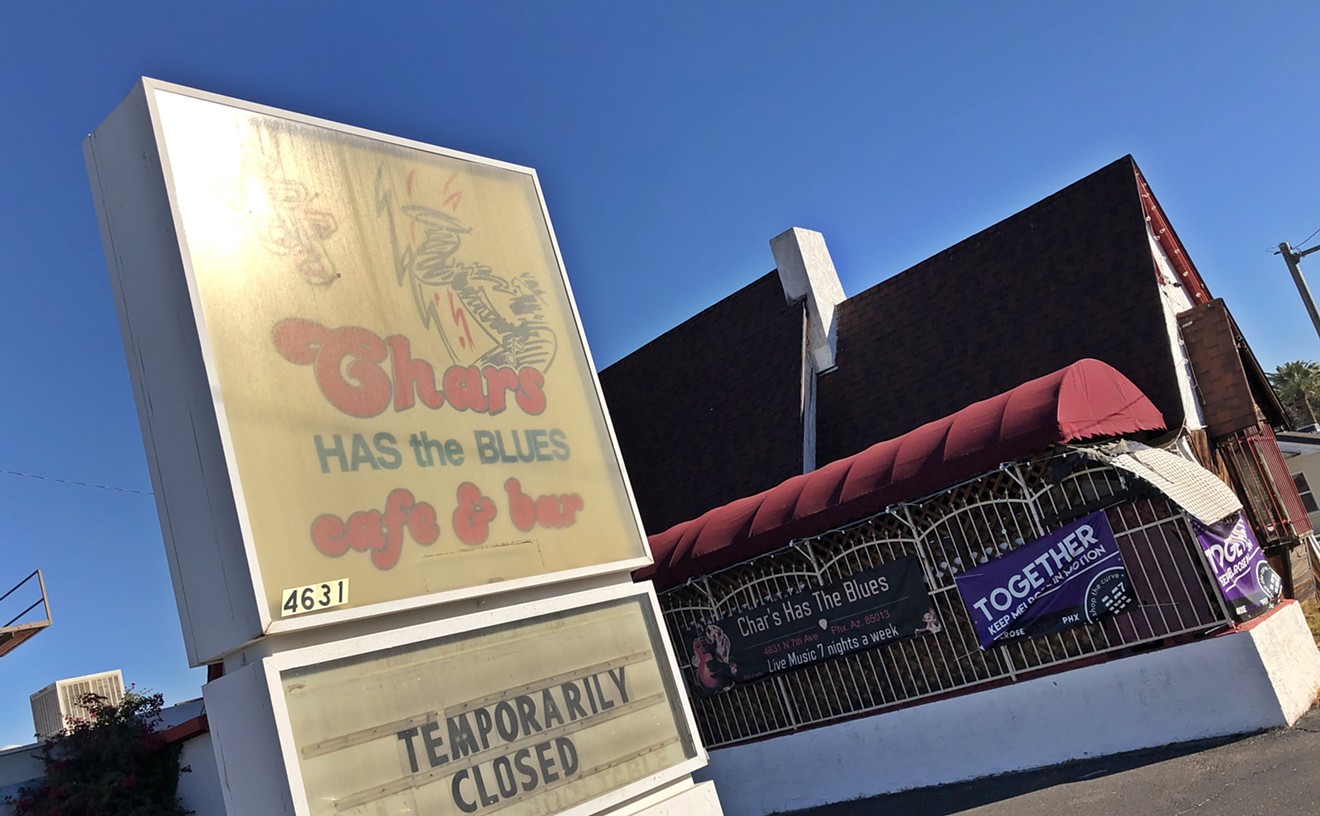Used Heart for Sale
(Decca)
Dolly Parton
Treasures
(Rising Tide/Blue Eye)
The modern-day male country singer is a pop star now, a pretty boy in a store-fitted Stetson and pressed Wranglers. He's more prefab than passion--his look copped from George Strait, his voice on loan from Garth Brooks, his only goal in life to stick it out on that bucking bronco known as country radio for more than 13 seconds. Guys like Bryan White, Collin Raye, David Lee Murphy, Ty Herndon, Mark Wills and Wade Hayes will be forgotten by yesterday; their tradition goes back no further than Randy Travis and James Taylor, and their names are written in pencil on playlists. The purists look outside "NashVegas" to quench their George Jones by turning to Wayne Hancock, BR5-49, Don Waller or Junior Brown; the ironists embrace the likes of Jon Langford's Waco Brothers or the half-assed genius deconstructionists Country Teasers (song titles: "The Wide-Open Beaver of Nashville," "Country Fag"); and those who know no better listen to the faceless, voiceless clones Music City spits out like they were all Yul Brynner in Westworld.
Downey, California's Gary Allan isn't any better than the rest: Most of his debut, Used Heart for Sale, comes on like Garth Brooks rejects ("Her Man," "All I Had Going Is Gone," or the Brooks-co-penned "From Where I'm Sitting") or lightweight Dwight Yoakam retreads ("Forever and a Day," one of two songs on the recording penned by the usually reliable Jim Lauderdale). Allan two-steps through country music's recent past (i.e., last week) like most every Nashville knock-off to stumble through the A&R assembly line between shifts at the construction company (though, for the record, Allan owns his own). The boy's got soul, all right, only it ain't his own.
The label bio insists he's a product of his Southern California upbringing--Merle and Buck, hint, hint--but that's a damned lie: Used Heart is all used material, a game of spot-the-influences that's rigged. With its swing fiddles and shuffle beat, "Of All the Hearts" mimics George Strait from start to finish; Allan lip-synchs Brooks on "From Where I'm Sitting"; "Wine Me Up" throws in an organ for Yoakam effect; and the rest is so generic and empty you can see right through it when Allan takes off his hat.
But don't look to the veterans to save you, even when George Jones' latest is his best in weeks: Dolly Parton, the best female country singer then or now, has long since given up the cause and gone pop for good (but pop only when Vegas is all booked). Treasures is where she turns into Linda Ronstadt, picking good material (Neil Young's "After the Gold Rush," Freddy Fender's "Before the Next Teardrop Falls") and bad material (Cat Stevens' "Peace Train," Katrina and the Waves' "Walking on Sunshine") and painting it all with the same pastel brush. Actually, Treasures is Parton's Emmylou Harris move, an attempt to reinvent herself as a breathless interpreter while reviving a moribund career that has her forever cast as a novelty act.
But it doesn't work for Parton like it did for Harris when she brought in Daniel Lanois and did her own Neil Young covers on last year's magnificent Wrecking Ball. Even when whispering, Parton's still not satisfied 'til she's wrapped her estimable pipes around a song and choked the very life out of it; her idea of subtle is bringing in Ladysmith Black Mambazo to intro "Peace Train" or covering a vapid throwaway like "Just When I Needed You Most" and imbuing it with counterfeit soul. Her "Behind Closed Doors" is all kitsch, her "Just When I Needed You Most" loses Alison Krauss in the overwrought mix, and she sings the Enya-fied "After the Gold Rush" like she didn't see the lyric sheet 'til an hour before taping--and then she's only reciting the thing, failing to read between the lines or comprehend what Young meant when he wrote, "Look at Mother Nature on the run in the 21st century." It's so empty you can see right through it when Dolly takes off her wig.









